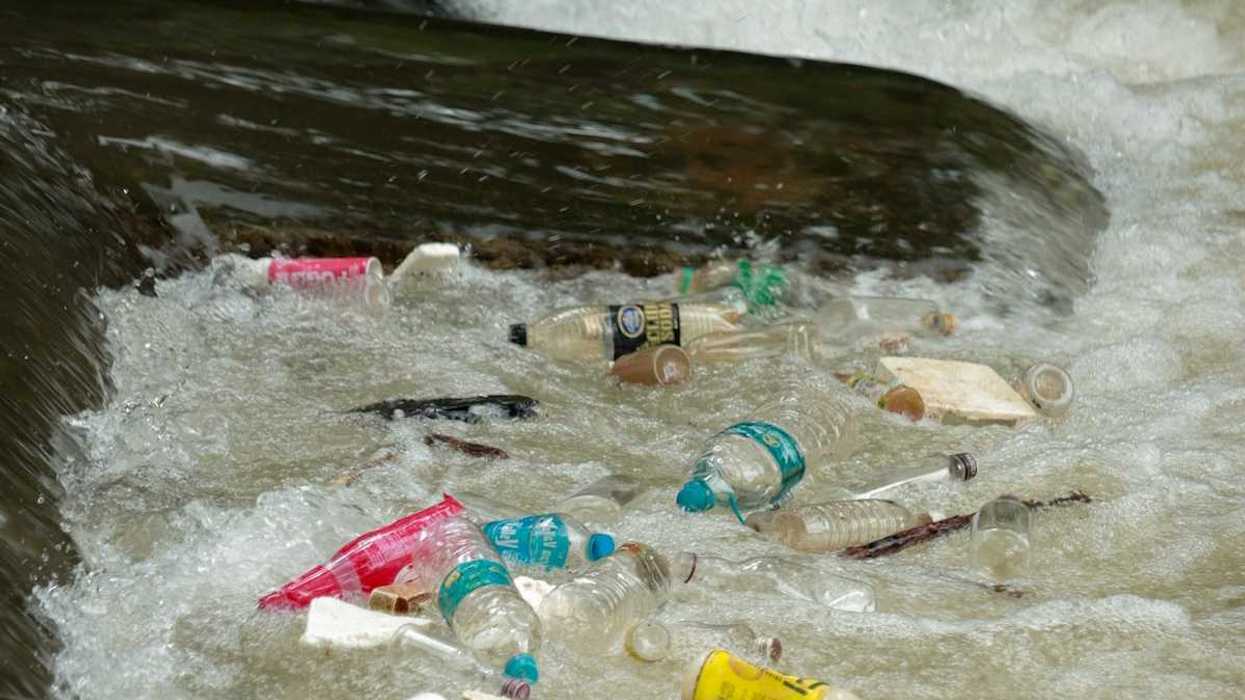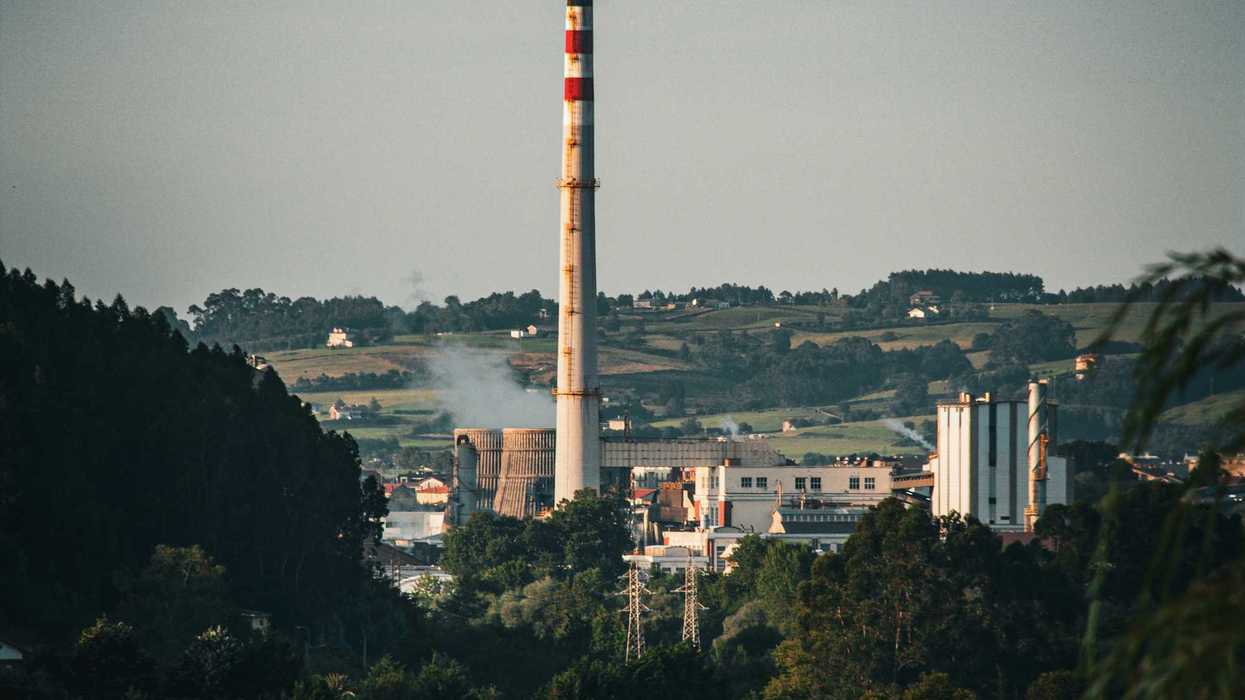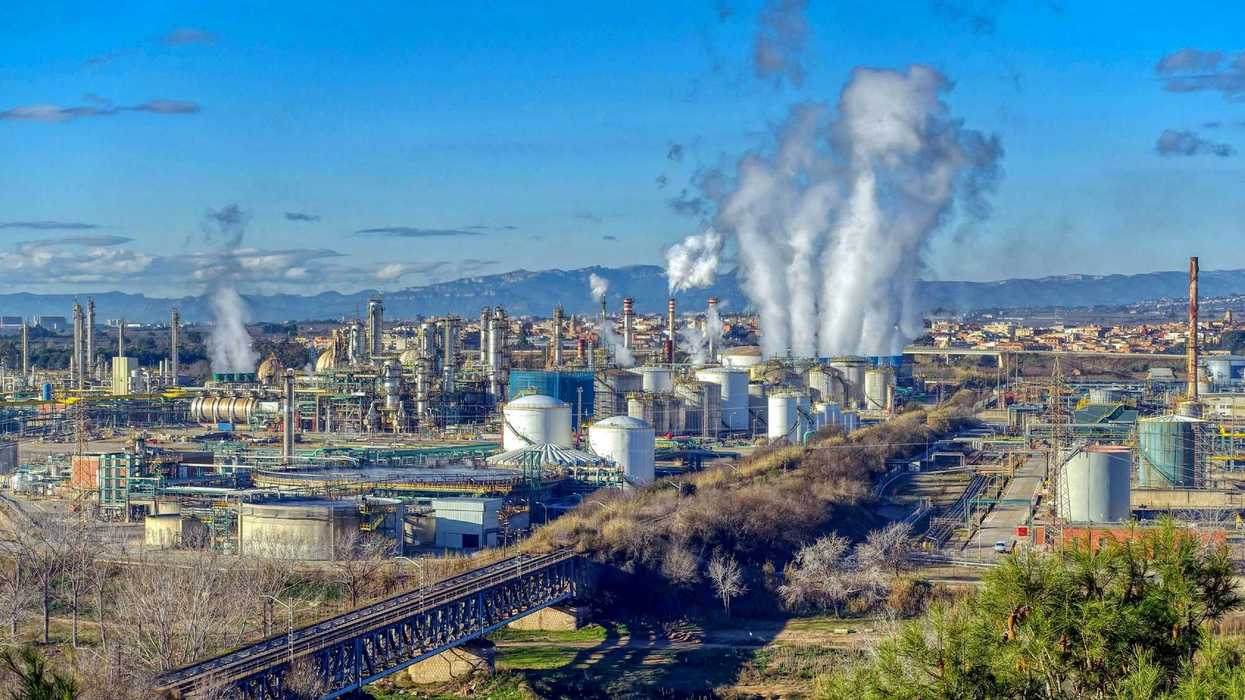Solar-powered irrigation is quietly transforming small farms across Africa, helping farmers boost yields, cut costs, and ditch dirty diesel.
Aimable Twahirwa reports for Mongabay.
In short:
- In Rwanda, smallholder farmers are adopting solar-powered irrigation systems, dramatically increasing their yields and allowing year-round farming even in drought-prone regions.
- The World Resources Institute (WRI) and national governments are backing efforts to integrate clean energy into the entire agricultural value chain — from irrigation to refrigeration and transport.
- While upfront costs remain high, financial support and falling tech prices are making renewable energy solutions more accessible and economically viable for rural farmers.
Key quote:
“These renewable solutions are helping us to become less dependent on unpredictable weather patterns.”
— Victor Ndwaniye, smallholder farmer in Rwanda
Why this matters:
Farmers who once waited on the skies can now plant, water, and harvest on their own schedules. For Africa, facing both a climate crisis and a food crisis, powering farms with renewables isn’t just smart policy; it's helping assure survival. As climate change worsens drought and disrupts food systems, clean energy in agriculture is also a health issue. More stable food production means better nutrition, fewer diesel fumes in the air, and sustainable rural livelihoods across a continent where food insecurity and energy poverty remain urgent.
Read more:














